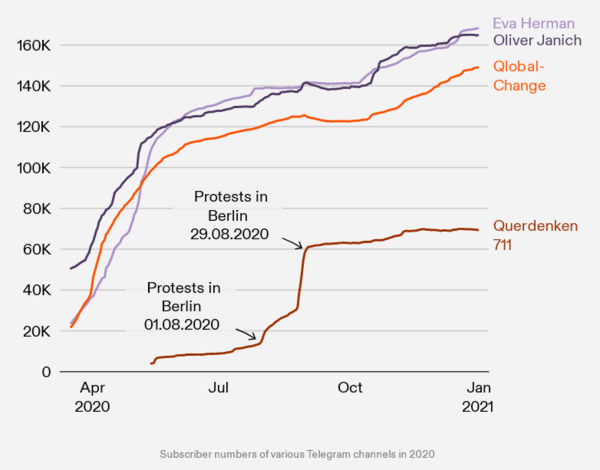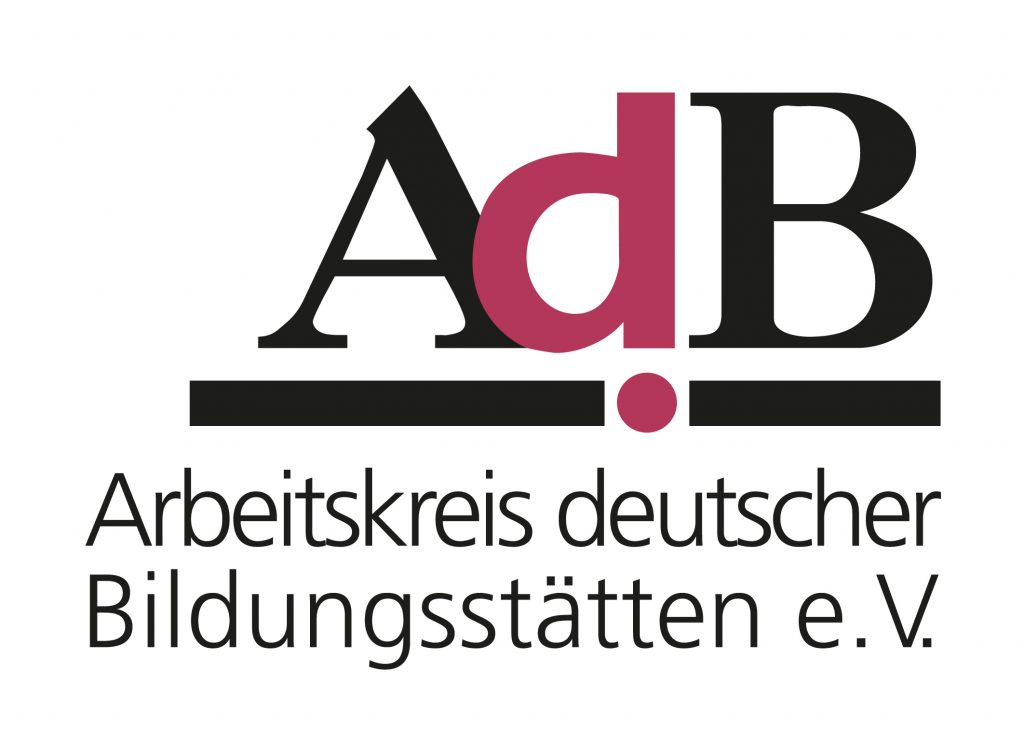Contents
Monitoring by Public Authorities
In addition to opinion polls, which have long been used, social media monitoring is increasingly being used to provide information about attitudes and opinions among the population.
Social Media Monitoring
The term Social Media Monitoring describes measures for the systematic, thematic, local or group-specific collection, processing and analysis of social media communication using real-time data.
Social Media Monitoring is in the public context part of "Open Source Intelligence" (OSINT).
Freedom House publishes the Freedom of the Net Report looking especially critically on "government intrusion into the digital public sphere" as a potential for abuse of power, in example, limiting free speech and assembly, violating rights of certain groups etc.
"Justifying their efforts in the name of enhancing security, limiting disinformation, and ensuring public order, governments have effectively co-opted social media platforms." Freedom House
Especially the use of AI is raising concerns. "The use of such programs must be transparent, including sustained dialogue between law enforcement and affected communities."
- Many ministries and public agencies are today monitoring social media.
- On a local level, the Den Haag citizen sentiment meter explores on the basis of geolocation the attitudes and feelings of citizens in different parts of the community and regards different common issues.
- European Central Bank ECB, for instance, monitores monetary policy discourse.
Monitoring to Protect Vulnerable Groups, Democratic Discourse or Elections
Others say it is only with monitoring that democratic rules of the game and non-discrimination can be enforced nowadays. The European Centre for Electoral Support (ECES) hints on the danger of unmonitored social media discourse for free and fair elections and emphasizes to "implement electoral and democracy assistance activities" ECES.
"To ensure the respect of the free will of the voters, it is essential to observe and analyze media coverage all along the electoral process. Not only during the election campaign, but also beforehand. It is equally important to monitor the institutional communication of Electoral Management Bodies, to keep a track of how their perception and portrayal is in the media".
Projects like the European Observatory of Online Hate (EOOH) focus on -> information disorder, "observing, analysing and exploring solutions to online hate for the foreseeable future".

Example for analysis: Subscribers in Telegram channels in 2020
Source: CeMAS: Telegram: Chronology of a Radicalization
- Typical examples from the work of the EOOH are: Hunting for Nazis in Ukraine: The Kremlin’s Nazi Narrative and How the Dutch farmers' protests became hijacked by conspiracy theorists
- Democracy Reporting International examines influence on election processes worldwide
- CeMAS - Center for Monitoring, Analysis and Strategy dedicates research to democracy, conspiracy, polarisation etc
Civic-Public Partnership
As can be seen from the above, monitoring can be both: a source of domination for the authorities, especially if the results are not made public or if there is no effective democratic control of the technology and its application. At the same time, technology makes it possible in the first place for developments that are problematic for democracy or individual groups to become known and visible, and for them to be countered at all.
So if public use of social media monitoring requires democratic control, then the civil society that is familiar with this technology should be asked first and foremost, such as the organizations and projects mentioned above.
In addition, NGOs/non-profits are already involved in reporting problematic content and developments on the major platforms. This role will be strengthened in the EU's new Digital Services Act. As "trusted flaggers," their reports will be prioritized in the future. In this way, organizations assume a subsidiary supervisory role, which is in principle a government task.
Regardless of what one thinks of social media monitoring and OSINT in general, however, it is clear that democratic control and the support of the state in supervision and control cannot be had for free. Organizations would have to be enabled to set up appropriate programs and hire qualified personnel.
Interfaces provided by the platform must also ensure that they can effectively access the necessary data.
Monitoring by Platforms
Last but not least the platforms themselves monitor social media activities for different purposes. In example for optimizing their services, for monetisation (advertisement) or to fulfill legal obligations and to support law enforcement.
From the perspective of civil society platforms should especially provide interfaces in order to access relevant data and establish efficient reporting mechanisms. They tend to do this in different ways, as Democracy Reporting International explains: The Data Access Problem: Limitations on Access to Public Data on Very Large Online Platforms | Democracy Reporting International.
The knowledge of relevant data and reports as well as of competent actors from the non-profit sector is important for education in several ways
- Working with real data and analytics, perhaps even from the context of the learners, makes educational offerings more information-rich and relevant. More on Competendo: Data and Reports
- The question of who oversees and (co-)controls social media monitoring is becoming increasingly important. Citizens must be able to learn what is being collected and by whom, and also have access to the insights thus gained.
- Educators and teachers update their professional knowledge about hate, elections, public discourse or democratic threats by reading and using the reports and tools provided.
Conspirational Thinking, Fake, Hate
The Conspiracy Theory Handbook
by the project COMPACT (Comparative Analysis of Conspiracy Theories)
DownloadThe Conspiracy Theory Handbook
Unravel the Conspiracy behind conspiracies. Dare to be Grey.
DownloadAddressing conspiracy theories
What teachers need to know. By UNESCO
DownloadDigital Resistance - Handbook for Teachers
By Council of Europe/DISCO programme
DownloadBookmarks
CoE's manual for combating hate speech through human rights education
DownloadEU vs. Disinfo
The EU portal on disinformation
onlineOpen your eyes
Handbook: How to identify and tackle online disinformation?
DownloadOpen your eyes
Database: Fake news
Online
Further Reading
- CeMAS - Center for Monitoring, Analysis and Strategy: Telegram: Chronology of a Radicalization
- Democracy Reporting International: The Data Access Problem: Limitations on Access to Public Data on Very Large Online Platforms
- Freedom House: Social Media Surveillance
- Textgain: Geyser project
- European Central Bank: Social media monitoring
- Centre for Electoral Support (ECES): Media Monitoring and Early Warning to tackle hate speech, mitigate conflict and gender based violence
- European Observatory of Online Hate: What is online hate?
- European Observatory of Online Hate: Hunting for Nazis in Ukraine: The Kremlin’s Nazi Narrative
- European Observatory of Online Hate:How the Dutch farmers' protests became hijacked by conspiracy theorists
Nils-Eyk Zimmermann
Editor of Competendo. He writes and works on the topics: active citizenship, civil society, digital transformation, non-formal and lifelong learning, capacity building. Coordinator of European projects, in example DIGIT-AL Digital Transformation in Adult Learning for Active Citizenship, DARE network.
Blogs here: Blog: Civil Resilience.
Email: nils.zimmermann@dare-network.eu













